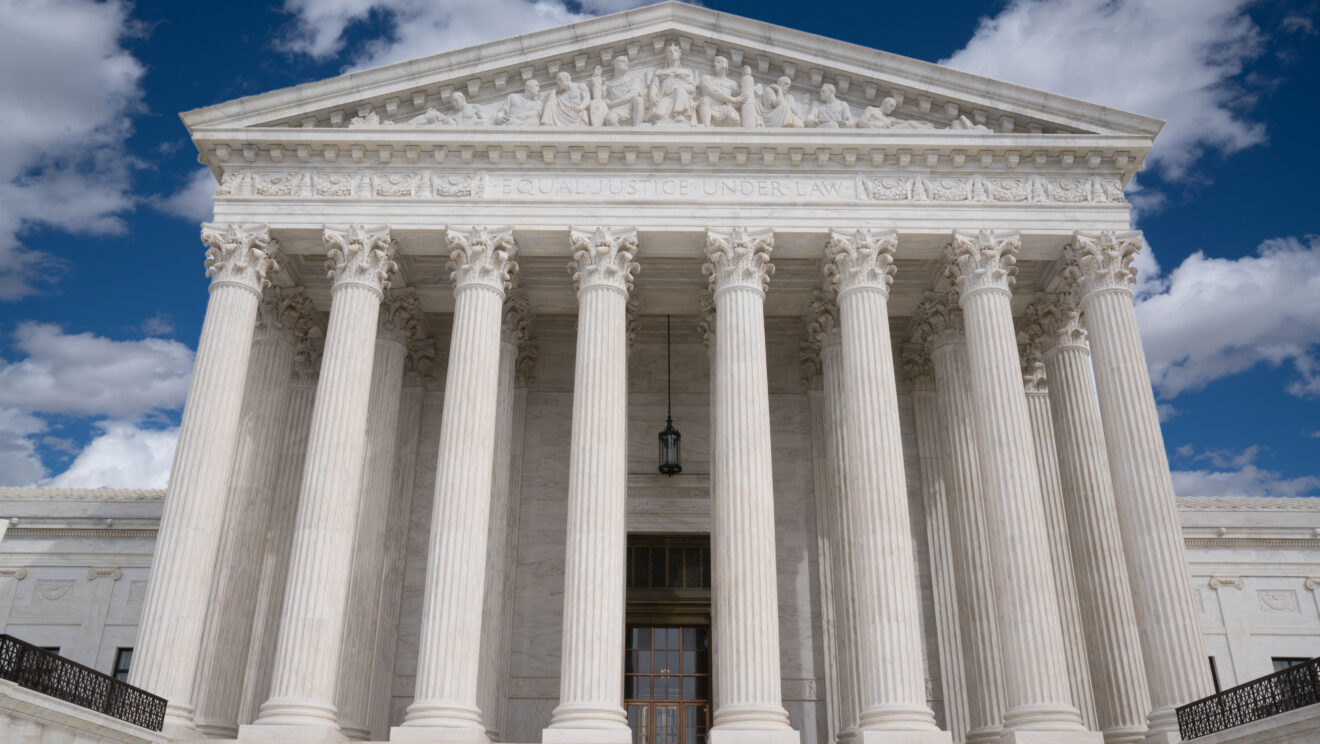Fighting for Justice: Defending the Indian Child Welfare Act (ICWA)

What does meaningful involvement toward progress mean to you? In today’s society we are constantly hearing about the various laws and policies that harm those most in need of protection. At every turn, we are reminded of these injustices that occur on a massive scale. As a Black male, I am no stranger to unfair treatment. It is a visible enemy that is ever present. The questions I often ask myself are: Will things change for the better? If it does change, how much longer will I have to wait? Do I sit down and watch the fight for fair treatment from a distance or do I take an active role to make a change? If you are reading this, well spoiler alert…I am committed to this fight. I think the most personal, reflective question I have always dealt with on this topic is one that many people ponder. How to get involved and feel like progress is being made?
The answer to this question is different for everyone. For me it was finding outlets, people, and organizations that sincerely and unapologetically advocate for equity. The Global Alliance for Behavioral Health and Social Justice is committed to moving the social justice needle on issues that impact minoritized communities. I am thankful for the opportunity to be a member of this organization and serve as the Co-Editor of the American Journal of Orthopsychiatry (AJO), the principal publication of the Global Alliance. The policy committee is one of several committees of the Global Alliance that keeps a watchful eye on current events to bring attention to them, educate the public, and influence public policy.
Recently, there was a case before the U.S. Supreme Court about whether the Indian Child Welfare Act (ICWA) was constitutional. The name of the case is Brackeen v. Haaland. At stake was the preservation of American Indian/Alaskan Native (AI/AN) families in cases such as adoption and abuse/neglect. The United States has a longstanding history of breaking up AI/AN families and taking these children away from their native/tribal lands. They were stripped of their heritage under the premise of “civilizing” them. This harm was willfully and deliberately ignored for many years. Although the extent of these historical harms cannot be undone and many continue to exist, ICWA was Congress’ attempts to right the wrong of destroying AI/AN families without any meaningful oversight.
Consistent with the mission of the Global Alliance policy committee, we brought together an interdisciplinary panel of experts (e.g., attorneys, practitioners, people with lived experience). The panel was entitled, Understanding ICWA & the Significance of the SCOTUS Decision: Part One. It was an informative, powerful discussion. They discussed ICWA in its historical context, its current application, the potential ramifications of the Brackeen v. Haaland decision, and the best interest of AI/AN children and families. Panelist, Princess Couyancy, said, “We need to keep an open mind to what the community says they need, not what we think they need.” The panel also reminded me about the power of privilege in the American education system and how little of their history is discussed in schools from their perspective, if even told at all.
We all walked away from the panel still wondering what SCOTUS would decide. The anticipation is OVER! The U.S. Supreme Court has upheld the constitutionality of ICWA. At the beginning of this blog, I asked several questions. Well, I feel like this is an important victory for social justice champions, but most importantly AI/AN children and families. I am excited that the Global Alliance policy committee is bringing this esteemed panel together again for Part 2. To learn more and register check out https://www.bhjustice.org/events/2023-icwa-part2/. This panel will explain the Brackeen v. Haaland decision, its implications, and future directions.
